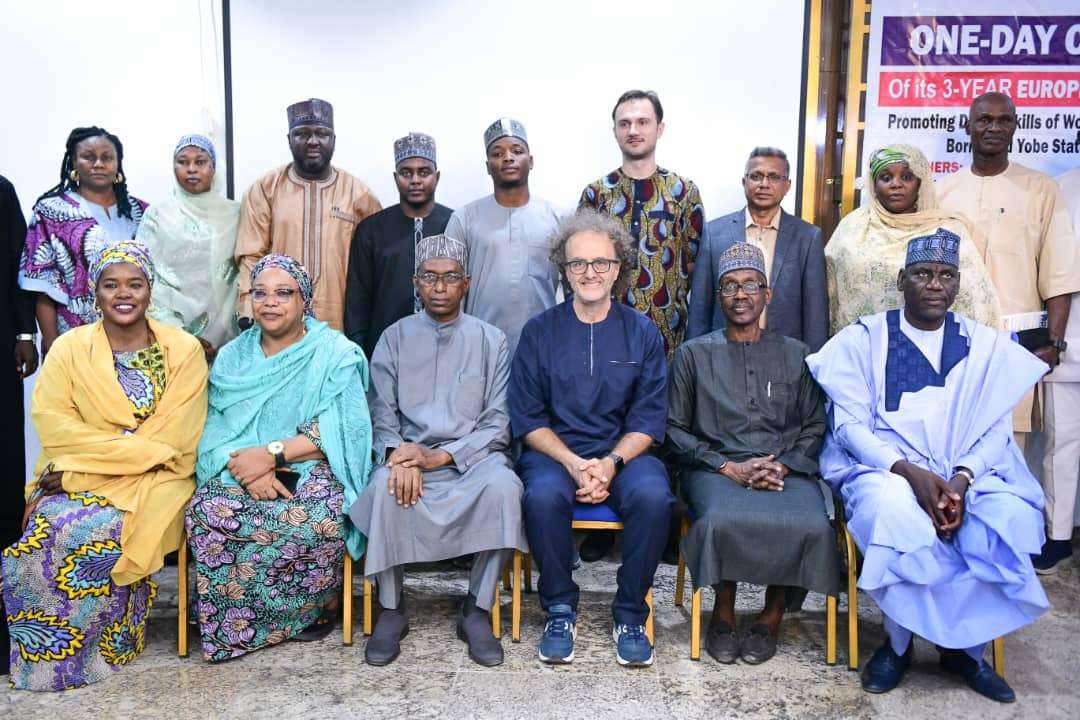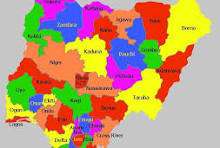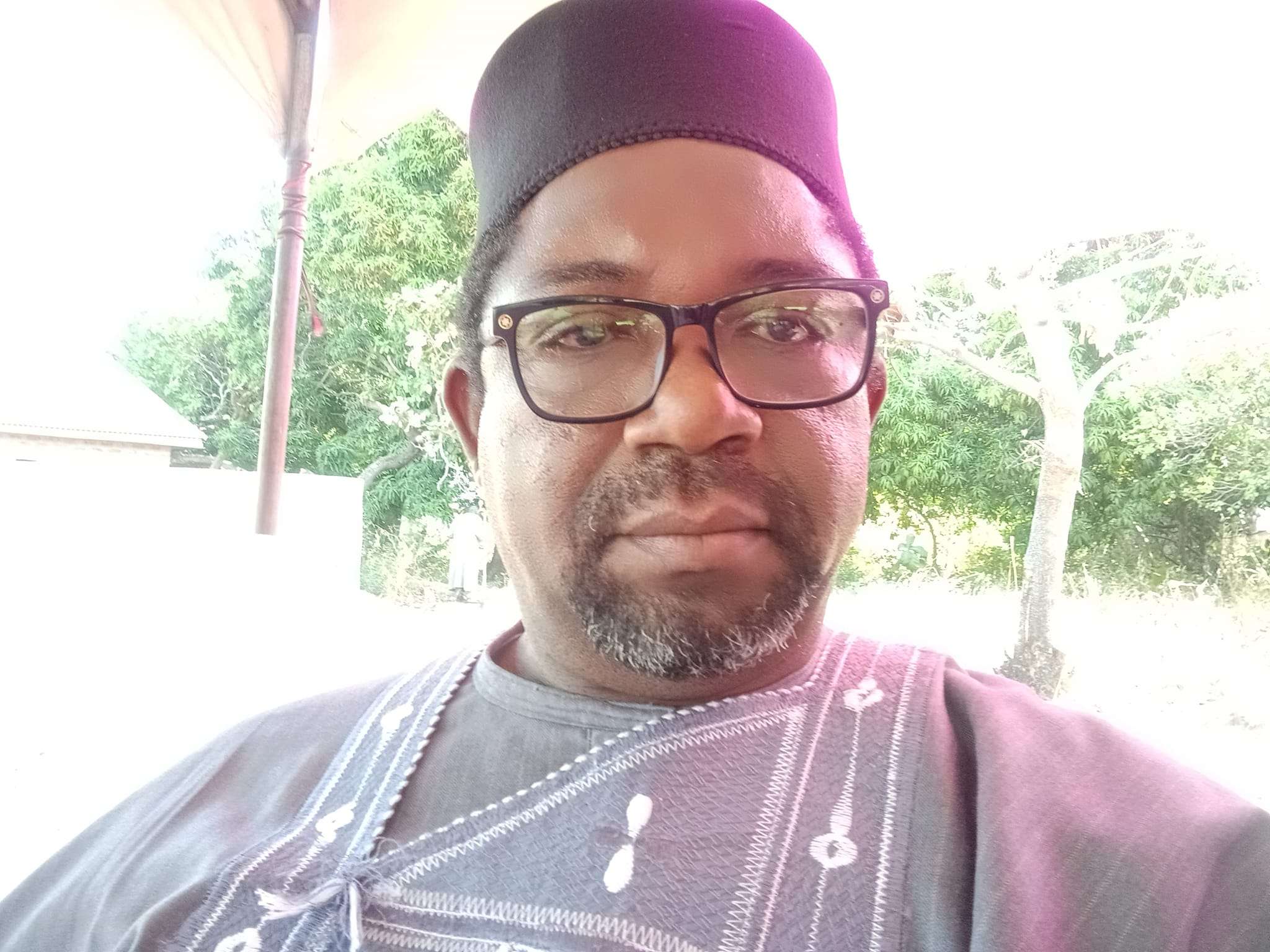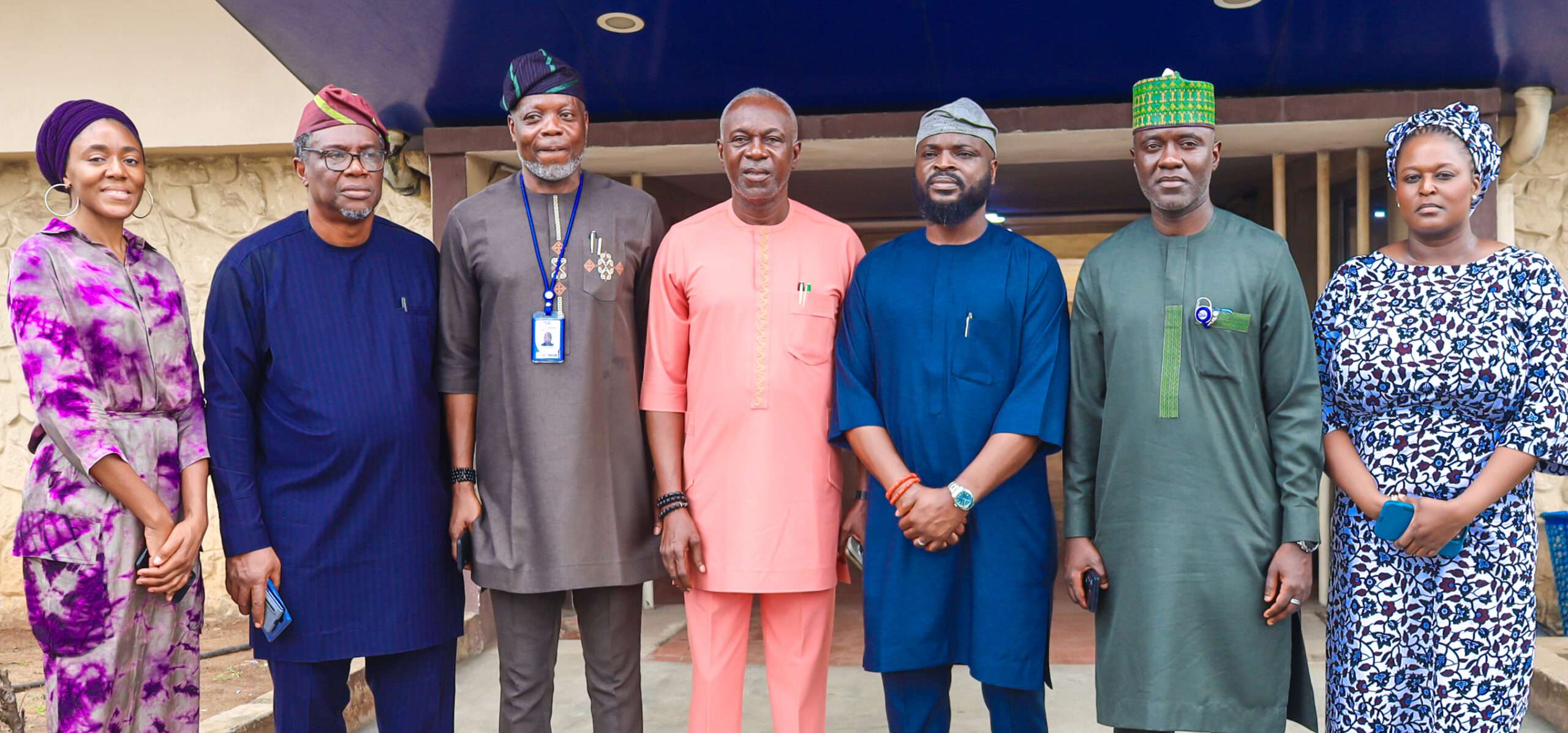The House of Representatives Committee on Healthcare Services has called on the federal government to increase funding for healthcare regulatory agencies in Nigeria to enable them deliver on their mandate, curb the activities of quacks.
Chairman of the House Committee on Healthcare Services, Hon. Amos Magaji who made the call during an oversight visit to the Nurses and Midwifery Council of Nigeria (NMCN) on Tuesday in Abuja, stressed that the need for adequate funding of regulatory agencies could never be overemphasized.
According to him, with adequate funding, regulatory agencies in the health sector would be better equipped and empowered to effectively monitor and license healthcare professionals and facilities in Nigeria
Magaji who lauded management of the NMCN for making impact despite the lean resources available to them, hinted on better budgetary allocations to the Council and other regulatory agencies within the health sector, in the 2026 budget.
He said: “If the nurses can get it right, I believe that our health sector will also get it right. We’re not certainly where we ought to be, but I think the agency are making a giant step to deliver on their mandate, with the scarce resources available. Last year, they were not given anything.
“Just in 2025, they were reintegrated into the budget system. Without a budgetary allocation, it’s difficult for them to carry out their mandate in monitoring and then licensing nursing in Nigeria. And that’s why we’re calling on government to look at this period.
“This year’s budget, or 2026, we’ll look into it and see that the regulatory bodies are encouraged to deliver on their mandate because if they produce quack nurses and doctors or any quack medical professional, that means our hospital will become killing fields. We don’t want that and because of that, we will make sure that the human resources for health are well regulated.”
While calling on the federal government to prioritize the development of a comprehensive healthcare policy that addresses the unique needs of Nigerians, Magaji explained that such a policy would help to guide the development of the healthcare sector and ensure Nigerians receive quality healthcare services.
On the brain drain that has almost emptied health facilities of workers in the country, the Chairman proposed an increase in the number of training programmes.for healthcare professionals, as well as improving the working conditions and remuneration of healthcare workers in Nigeria.
“Many Nigerians are traveling abroad for greener pasture, you cannot stop them from traveling, but we can do something to mitigate that, and that’s by expanding the quota given to the training institutions. If we produce more nurses, even with those that will leave we will still have surplus to cater for our health needs in Nigeria.
“Secondly, by making sure that those that are around are not strangulated, increasing the renumeration, making sure that the work environment is conducive for them. Not every Nigerian wants to leave this country, so these are some of the things that we’re looking at.
“Then, of course, to ensure that those that are around are not playing with the health of Nigerians, making sure that we develop professionality and empathy in our delivery of services, especially for the nurses and midwives. Every hospital you go, the highest number of workers in the clinic, teaching hospital, and everywhere are nurses.”
Acting Registrar of the NMCN, Alhassan Ndagi who expressed concerns over the shortage of nurses and midwives, lamented that despite efforts to increase the number of training institutions and admission quotas, the system was not absorbing the newly trained professionals, leading to a brain drain in the sector.
“We don’t have enough, some people are moving out because they are going out for a greener pasture. We saw this coming and what we did is to expand the number of training institutions we also increased the admission quota of these people.
“Now that these numbers are turning out, the system is not absorbing them. That is where the challenge is; there is a gap and then, the working environment is not that conducive. That is what is pushing some people out and here, they are not replacing again.”
He emphasised on the critical need for improved working conditions and equipment for healthcare professionals especially nurses, to make the Job easier and motivate them to stay behind.
“If you have the manpower and you don’t have the equipment, it’s not going to work. The remuneration, you know it very well. As much as you are putting your best and you are not being taken care of well, you get demoralized.”
While outlining the Counci’s efforts to improve the regulation of the nursing and midwifery profession, Ndagi noted that the council has established 20 offices in various states with plans to expand to all states of the federation, and has designed a reporting mechanism to address cases of professional misconduct by nurses.








